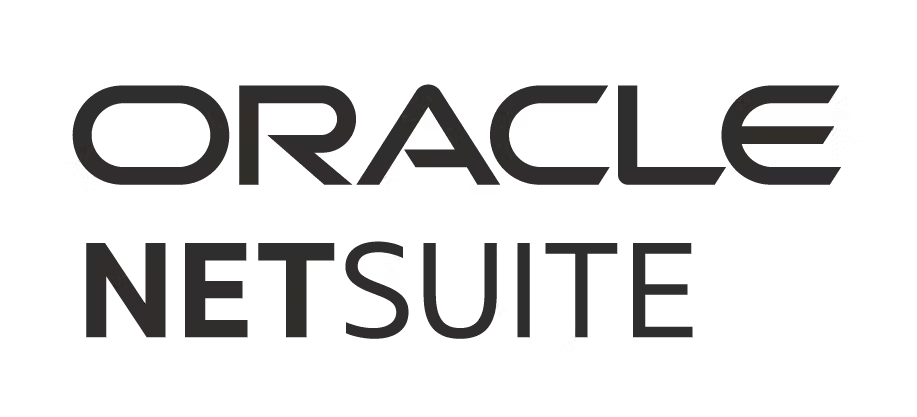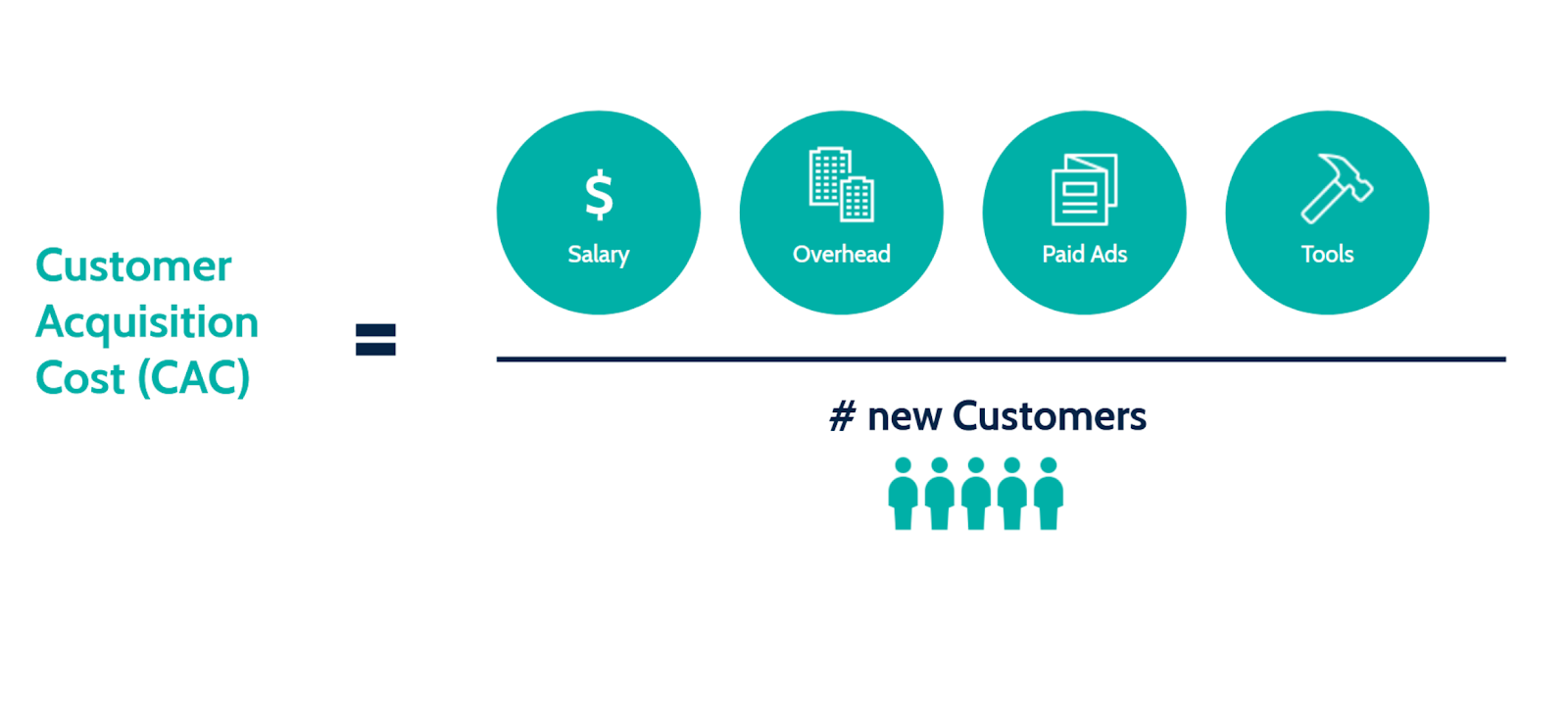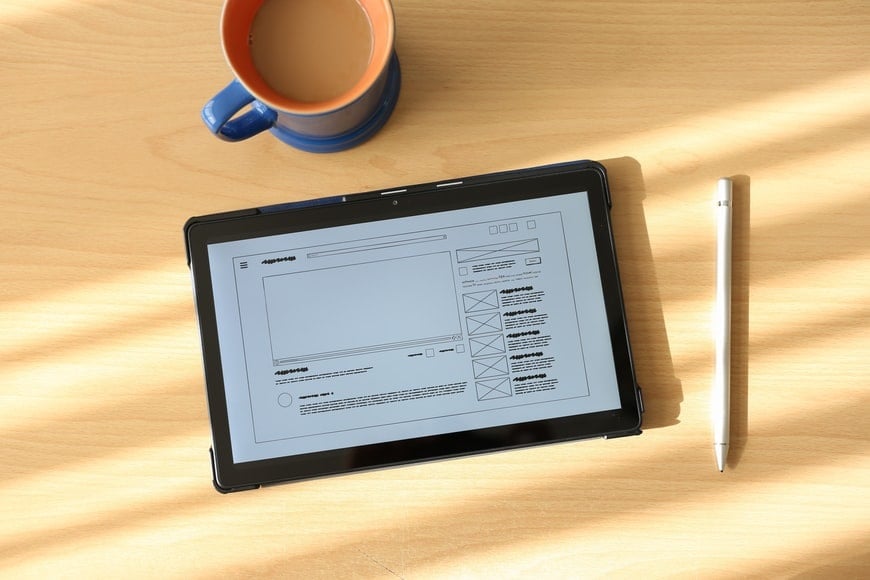It can be challenging to get the most out of a solution you’ve purchased for your business. CRM software allows companies to track overall sales, log customer information, and monitor company goals, but organizing the correct reports and drilling down into the most impactful metrics can be challenging.
Before you dive into what metrics are the right ones to track for your business, it’s important to flesh out your business’s overall goals and game plan. This can allow data to buttress your strategies, as opposed to collecting data without context.
| Top CRMs in 2023 |
|||
 4.4⭐ Salesforce |
 4.1⭐ monday sales CRM |
 4.9⭐ HubSpot |
 4.2⭐ Pipedrive |
What are CRM metrics?
CRM metrics are key data that sellers track using CRM software. They’re important to sales success because they help sales professionals assess how well they’re doing in their efforts while giving them clarity to make better decisions.With the wrong CRM metrics in place, it can be hard to identify where the organization is headed, and what adjustments should be made. As a result, your company can end up with poor team performance, insufficient business processes, and decreased revenue.
How to measure CRM effectiveness
So how do you make a CRM measurement? Before understanding the “CRM metrics definition”, let’s see the most important CRM metrics examples:
Marketing campaign:
- Amount of responses and purchases;
- Generated revenue and cost per interaction;
- New leads by product or service and client referrals;
- Customer retention rate.
Effective CRM Solution

4.3
Sales:
- Margin and sales stage duration;
- Number of prospects, new and retained customers, open opportunities;
- Close and renewal rate;
- Time to close by channel;
- Quantity of calls per opportunity;
- Competitive knockouts;
- Amount of new and recurring revenue.
Service:
- Number of service calls and requests by type;
- Cases closed the same day;
- Average time to resolution;
- Percentage of service renewals;
- Client satisfaction level.

Sales metrics: How well are you closing valuable deals?
1. Close rate
One of the most important CRM metrics is to determine how often the potential clients are being turned into actual ones. In other way, it is a simple estimation that measures how successful your team is at winning deals.
2. Upsell rate
The upsell rate is the number of consumers who upgrade their purchase, choosing a higher, more expensive version of a product or service. CRM can help increase the upsell rate by providing useful information to predict which leads are most likely to turn into a “premium” direction.
3. Net-new revenue
New revenue means spend from new consumers. How long a consumer stays “new” depends on your biz mode. If you selling yearly subscriptions, new revenue is the revenue generated by customers within their first year.
4. Length of each sales pipeline stage
The sales pipeline stages allow reps to track their deals and manage their pipeline so they always know what their prospects need. The pipeline stages also help reps estimate when a deal might close.
Sales pipeline stages represent each step a prospect takes through your sales process, from becoming a lead to becoming a customer. The stages are lead generation, lead nurturing, marketing qualified lead, sales accepted lead, sales qualified lead, closed deal, post-sale.
5. Length of sales cycle
The sales cycle is a sequence of time periods that your prospect goes through when deciding to buy the product or service. Some organizations can win the sales on the same day. For others, the process may take weeks or months. The essential company objective is to shorten the sales cycle. This can help your reps spend more time on cultivating the new leads.
Marketing metrics: Are you marketing the right message to the right people?
6. Customer lifetime value (CLTV)
The value of a consumer is another example of CRM metrics. You can measure this rate with the help of prospect’s purchasing patterns and the amount of time over which a client remains engaged with your business. This customer metrics in CRM provides an opportunity to identify how some clients contribute to your business revenue. Besides, the customer value allows you to prioritize the marketing activities like when to offer discounts or deals.
7. Customer acquisition cost (CAC)

Definition of CAC : The amount of money an organization spends on advertising initiatives to convert a lead into a customer.
It is done to businesses determine the return on investment (ROI) of their customer acquisition efforts. CAC includes a company’s spending on the next:
Advertising and marketing: subscriptions to tools or programs, salary for these employees, relevant technology (such as data-collection software or Google Ads), traditional and/or digital campaigns, production of any creative elements, and the like.
Sales: salary for these employees, inventory upkeep, relevant technology (such as lead generation and email management tools), gifts for potential new customers, travel expenses, etc.
How to calculate customer acquisition cost
There is one method to count CAC. A formula may be used to evaluate a specific campaign or strategy used to bring new customers to your business. Simply divide all the associated marketing costs (MC) and sales costs (SC) by the number of customers acquired (CA) to generate the customer acquisition cost (CAC).
CAC = (MC + SC) / CA
8. Revenue generated by campaign
You take the sales growth from that business or product line, subtract the marketing costs, and then divide by the marketing cost. So, if sales grew by $1,000 and the marketing campaign cost $100, then the simple ROI is 900%.
9. Email list growth rate
It is the metric to track the rate at which your list is dynamic.
You can calculate this by the quantity of new subscribers minus the quantity of unsubscribes, then divide that by the total quantity of email addresses on your list, and then multiply it by 100.
It’s natural to experience some attrition, so focus on ways to continually grow your list, engage subscribers, and find new loyal subscribers.
Customer service metrics: How well are you meeting your customers’ needs?
Maximum businesses benefit from a data-driven approach to customer service management. They monitor, estime and repeat to ensure each element of customer service comes to the best quality and that changes are made where needed to maintain the quality consumers expect. Consumer satisfaction is key to successful SAAS consumer support and so it’s essential the right CRM metrics are in place to ensure evaluations are done in the right way and to deliver above and beyond expectation.
10. Net promoter score (NPS)
NPS means Net Promoter Score and it is a measurement of consumer happiness, and in turn, loyalty to your product. It also measures how likely consumers are to promote your product to other potential consumers. For SaaS teams, a healthy NPS score means that your product is solving consumer pain points and providing value.
11. Churn rate

The medium monthly churn rate for a Saas company is 4-8%, and the average annual churn rate is 33-52%.
If you do not want to lose out on revenue it’s so important to make your products the very best quality it can be.
Be consistent with asking for feedback from your customers.
How do you count revenue churn rate? To figure the percentage of revenue that has churned, take the monthly recurring revenue (MRR) you lost that month — minus any upgrades or additional revenue from existing customers, and divide it by your total MMR at the beginning of the month.
12. Average time to resolution
You see that phrase “mean time to,” it means you’re looking at the average time between two moments. Meantime to repair (MTTR) is a metric used by maintenance departments to measure the average time needed to determine the cause of and fix failed equipment. It brings a snapshot of how quickly the maintenance team can respond to and repair unplanned breakdowns. It’s important to remember the MTTR calculation considers the period between the beginning of the incident to the moment the equipment or system returns to production. This includes:
- Diagnosing the issue
- Notifying maintenance technicians
- Resetting and testing up the equipment or system for production
- Fixing the issue
- Reassembling, aligning and validating equipment
The MTTR formula does not take into account lead time for spare parts and is not meant to be used for planned maintenance tasks or shutdowns.
MTTR, as it pertains to maintenance, is a good baseline for figuring out how to increase efficiency and limit unplanned downtime, therefore saving money on the bottom line. It also highlights why repairs might be taking longer than normal, which, when addressed, can get critical equipment up and running fast, minimizing missed orders and increasing consumer service. In the choice of efficiency, MTTR analysis arranges insight into how your team schedules maintenance, purchases equipmentand and handles maintenance .
Even though MTTR is considered reactive maintenance, tracking MTTR provides you a look into how effective and efficient your preventive maintenance program.
13. Average number of follow-ups per ticket
The sales metric Average Follow-up Attempts refers to the average number of activities your sales reps make to close a lead (whether or not the lead converts to a customer). You can drill down on this figure by calculating average follow-up attempts for only closed leads. This will provide a benchmark that’s specific to your company, product, and industry.
The formula to estimate Average Follow Up Attempts:
Total of Follow-up Attempts / Total of Leads = Average Follow-up Attempts Per Lead
Conclusion
So after reviewing what is CRM metrics, we have seen how important CRM metrics are for growing your business. We also saw the different metrics and ways to implement them in your workflow.
It’s time to act. CRM metrics that really work offers automated reports so you don’t have to calculate everything manually. There are dozens of CRM software on the market today, with exceptional reporting and analysis tools.




